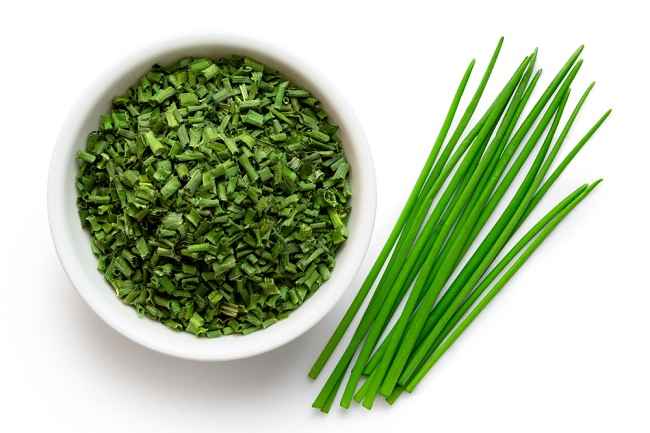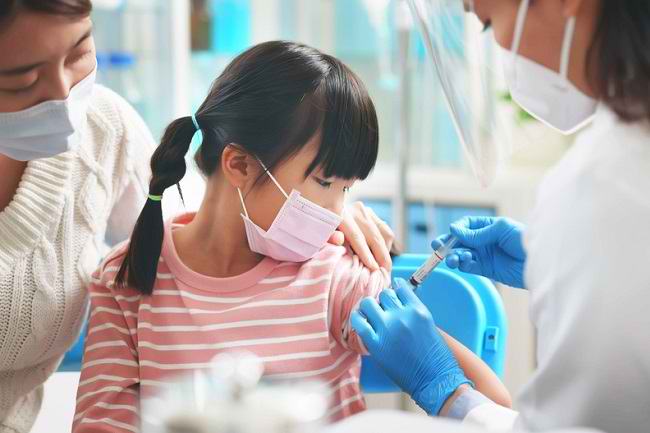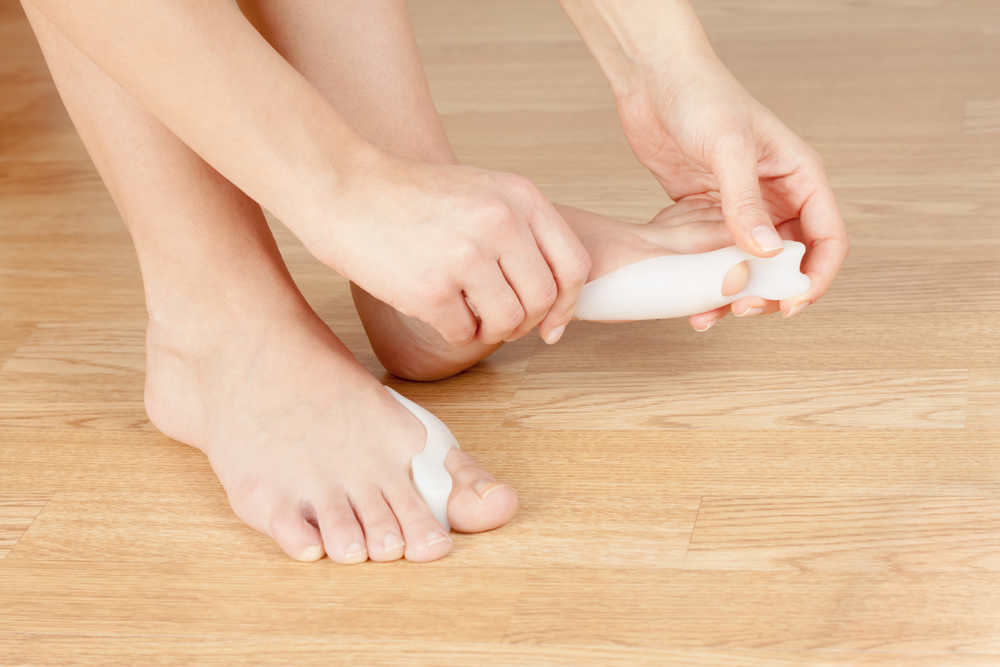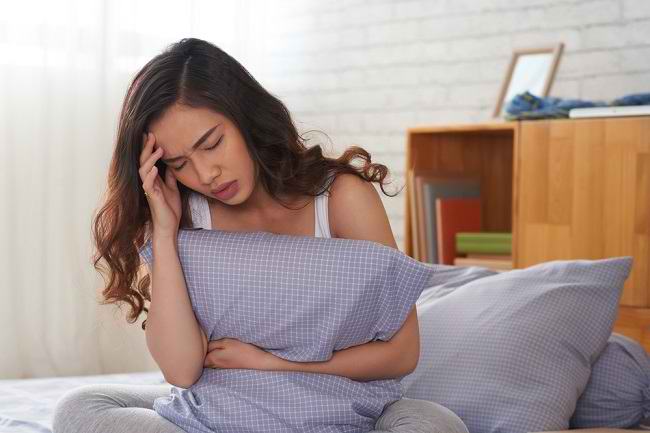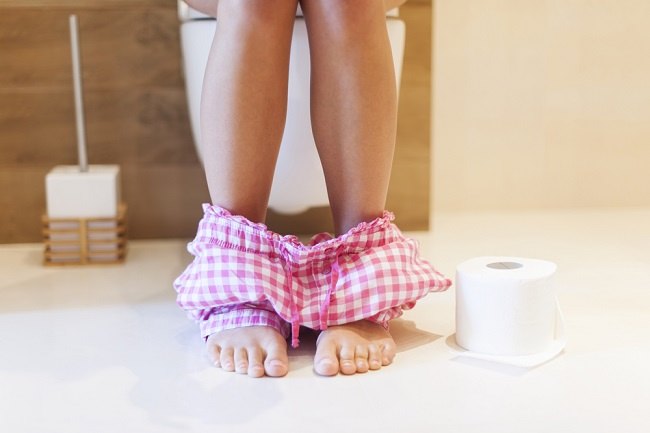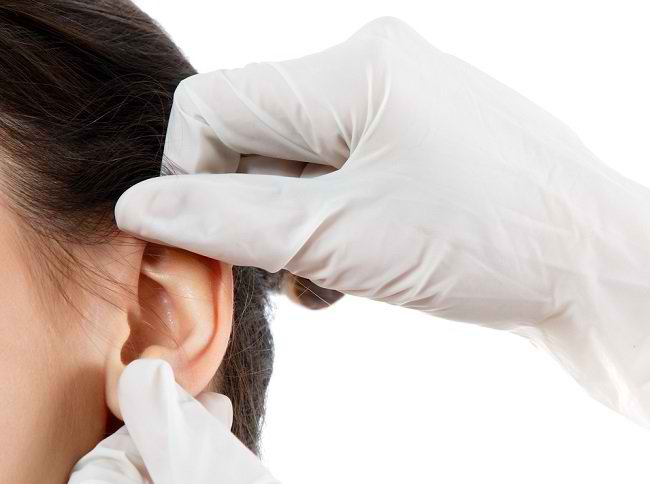Painful bowel movements during menstruation should be watched out for as a symptom of endometriosis. Endometriosis is a growth disorder of the lining of the uterus that is generally experienced by women of reproductive age, namely 15-49 years of age.
Endometriosis is a condition when the endometrium (tissue lining the uterus) grows in organs other than the uterus. However, the endometrium that is outside the uterus still has the same properties as the endometrium that is inside the uterus.

Endometriosis is usually found in areas around the pelvic cavity such as the ovaries, fallopian tubes, pelvic cavity walls, and large intestine. In some cases, endometriosis can be found in the vagina, bladder, lungs, liver, and even brain.
Endometriosis Marked Only Painful Defecation During Menstruation?
Painful bowel movements during menstruation are a typical symptom of colon endometriosis. Actually the pain does not only occur during menstruation, but will feel much worse during menstruation.
This is because the endometrium in the intestines will also thicken and shed according to the menstrual cycle. As a result, there is pain in the area during menstruation, especially when the intestines move when defecating.
Painful bowel movements during menstruation are not the only sign of intestinal endometriosis. This condition is also characterized by:
- Bloody bowel movements, due to the shedding of endometrial tissue in the intestines
- stomach cramps
- bloating
- Constipation or diarrhea
- Constipation
Intestinal endometriosis generally occurs in conjunction with endometriosis in the pelvic cavity. So, other symptoms that can also occur include:
- Nauseous
- Fatigue
- Abdominal pain that is very annoying a few days before and during menstruation
- Pain during or after sex
- Heavy bleeding during menstruation
In addition, there are also rare symptoms of endometriosis, such as chest pain or coughing up blood if endometriosis grows in the lungs, or headaches and seizures if endometriosis grows in the brain.
If not treated immediately, the growth of endometrial cells in the intestines can affect your fertility, especially if endometrial cells are also found in the ovaries or other organs in the pelvic cavity.
To determine whether you have endometriosis or not, your doctor will usually ask you about your symptoms and whether you have a history of pelvic pain. After that, the doctor will perform an ultrasound, MRI, or laparoscopy.
The treatment that will be given by the doctor to treat endometriosis depends on the severity of the disease and the symptoms that appear, ranging from giving pain medication, hormone therapy, to surgery.
Preventing Painful Defecation During Menstruation
There is no specific way to prevent intestinal endometriosis. However, you can reduce the risk of this condition by balancing the levels of the hormone estrogen in the body. The following are some tips that you can apply so that the levels of the hormone estrogen in the body are not too high:
- Drink at least 2 liters of water per day
- Limiting the consumption of drinks containing caffeine and stopping the consumption of alcoholic beverages
- Exercise regularly, at least for 30 minutes every 2 days, to help reduce body fat levels and control the production of the hormone estrogen
- Choose a contraceptive method that does not increase estrogen levels
- Increase consumption of vegetables and fruits to avoid painful bowel movements, regardless of menstruation or not
Not all painful bowel movements during menstruation are caused by endometriosis. However, this complaint can indeed indicate the presence of endometriosis in the intestine, especially if it is accompanied by severe abdominal pain and heavy bleeding every menstruation.
If you often experience complaints of painful bowel movements during menstruation or outside of menstruation, you should consult a doctor so that the cause can be identified and treated immediately.
